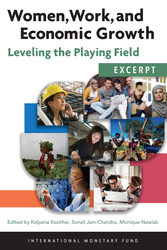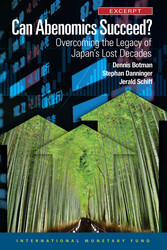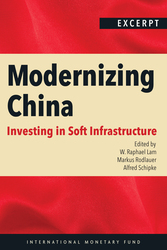
Excerpt: Fiscal Politics
This paper discusses how politics affects policies on the fiscal front. The literature on the political economy of fiscal policy dates back to the nineteenth century when the Italian and Swedish schools of public finance began to analyze how governments choose policies. During the twentieth century, the Public Choice school continued this work and focused on the political incentives and constraints in policy formulation. Elections mainly affect the stabilization and redistribution functions of the government. Proximity of elections can influence the government’s budget decisions in various ways. Ideology heavily influences fiscal policies that pertain to redistribution. Leftwing parties draw their support from workers and the middle- and low-income segments of the population. Thus, they pay particular attention to income inequality, redistribution, social benefits, and interventionist supply-side policies in the form of public provision of human and physical capital. Although the cabinet’s ideology is an important predictor of fiscal policy, it does not always play the same role, especially when the government’s credibility is at stake and they need to reassure financial markets.
Publication date:
ISBN:
Add to Cart by clicking price of the language and format you'd like to purchase
Available Languages and Formats
Topics covered in this book
This title contains information about the following subjects.
Click on a subject if you would like to see other titles with the same subjects.
MISC PUBS , Misc , , government , government stimulus packages , leftist government , redistribution function
Summary
Copyright © 2010 - 2024
Powered by:
AIDC



